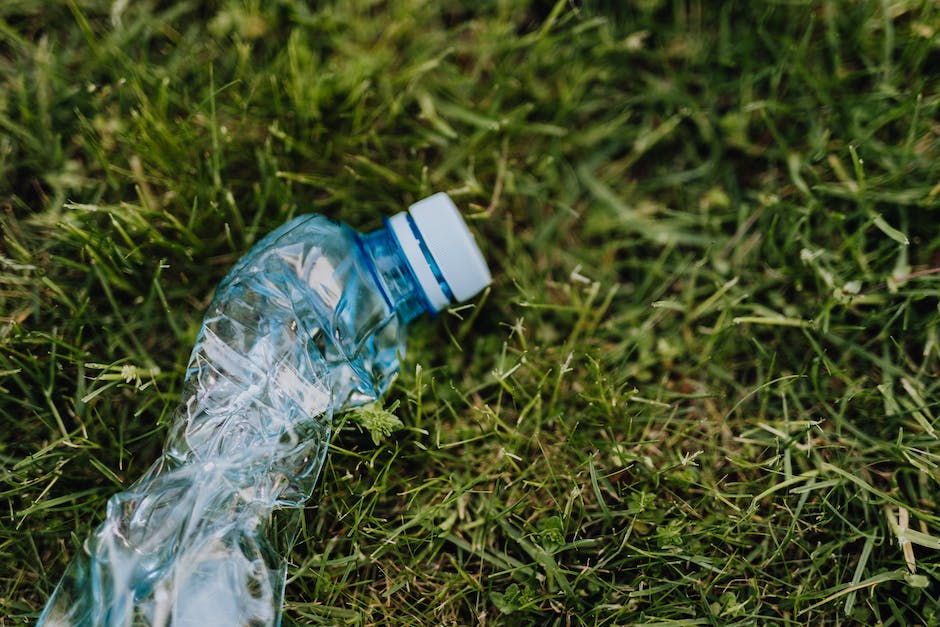A beautiful lawn invites people to play, but it also requires a significant amount of work. Despite your best intentions, you can inadvertently cause damage to your lawn through well-intentioned mistakes.
Over Fertilizing
A too generous or frequent application of fertilizer weakens grass and can burn it. Excess fertilizer lays on top of the ground and washes off during rainfall or irrigation where it contaminates water sources.
Watering at the Wrong Time
Lawns should be watered in the early morning hours to mitigate evaporation. Water quickly evaporates in the hot sun before it can soak into the soil. Watering at night allows moisture to set on the grass, providing an environment for disease.
Overwatering and Underwatering
Too much water creates runoff and puddling. The soil can’t absorb the moisture quick enough. Underwatering doesn’t allow nutrients to make their way beneath the soil and to the roots where they’re needed. Grass shouldn’t be watered every day.
Cutting Grass Too Short
Each type of grass has an optimal length at which it should be maintained. When cut too short, grass blades must use stored nutrients from the roots to produce more growth, weakening the grass.
Using Dull Mower Blades
Dull mower blades rip and tear grass instead of providing a clean cut. The result is ragged edges and stressed lawns that are more susceptible to disease and insect predations.
Mowing When Wet
Grass blades bend when they’re wet instead of standing stiffly upright. Grass is more difficult to cut, contributes to thatch, and the potential for disease.
Mowing in the Same Direction
Besides creating small troughs and ruts in the soil, mowing in the same direction can result in uneven cutting due to ground topography.
Throwing Shade
Too much shade from trees, shrubs, pergolas or canopies robs lawns of the light they need to thrive. Every grass species has its own light requirements.
Thatch Build Up
Thatch is a layer of vegetative material that builds up on lawns from grass clippings and stems. The material forms a mat on the soil that makes it difficult for water, nutrients and air to penetrate. If not aerated, lawns can die for lack of nutrients and thatch provides an environment where multiple diseases can multiply.
Contact RCH Landscaping Today for a Free Estimate

